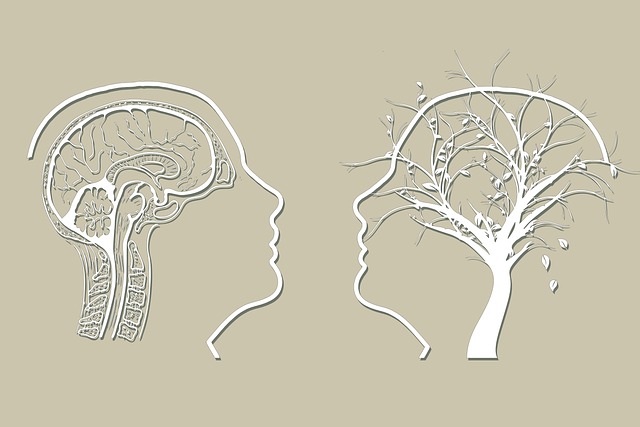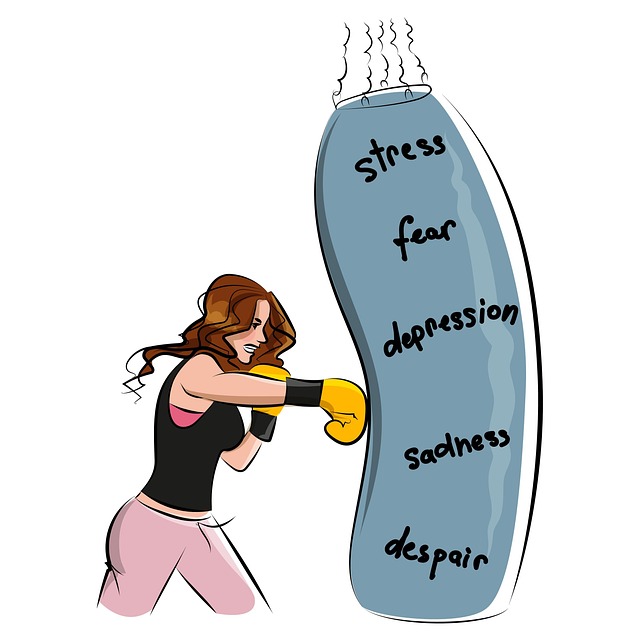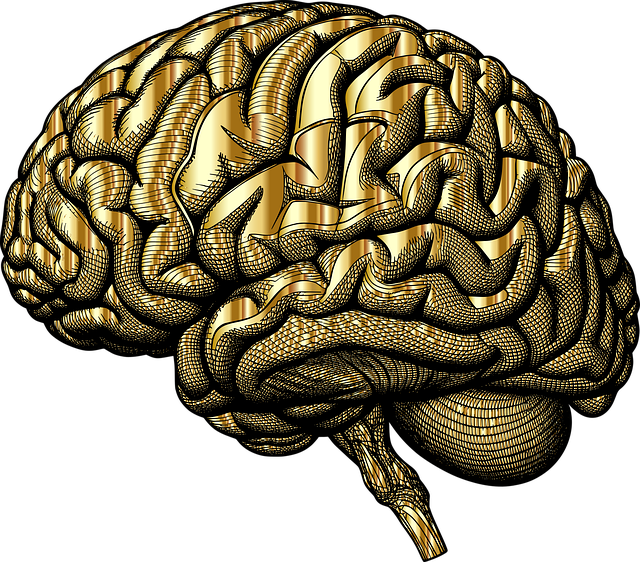In today’s fast-paced world, mental wellness coaching is crucial for young individuals dealing with burgeoning relationship issues. This article explores the development of tailored therapy programs designed specifically for youth, focusing on understanding their unique challenges. We delve into effective implementation strategies and highlight methods to measure success over time, emphasizing the impact on child development. By examining these aspects, we aim to shed light on how mental wellness coaching can revolutionize support systems for young children navigating complex relationships.
- Understanding the Need for Mental Wellness Coaching in Youth
- Designing Therapy Programs Tailored to Young Children's Relationship Issues
- Implementation Strategies for Effective Coaching Interventions
- Measuring Success and Long-term Impact on Child Development
Understanding the Need for Mental Wellness Coaching in Youth

The importance of mental wellness coaching for youth cannot be overstated, given the increasing prevalence of mental health issues among children and adolescents today. Young individuals often face challenges related to academic pressures, peer relationships, identity formation, and societal expectations, which can contribute to stress, anxiety, depression, and other psychological difficulties. Traditional therapy models may not always cater effectively to the unique needs of this age group. Thus, mental wellness coaching emerges as a valuable alternative approach.
Coaching provides a non-judgmental and supportive environment where young people can explore their emotions, develop coping strategies, and enhance their emotional intelligence. By addressing relationship issues, self-esteem concerns, and stress management, coaches help youth build resilience and improve overall well-being. Furthermore, mental wellness coaching can play a pivotal role in reducing the stigma associated with mental illness among younger populations, encouraging open conversations, and promoting early intervention. Effective coaching also involves risk management planning, ensuring professionals are prepared to handle potential crises while fostering a safe space for vulnerable youth.
Designing Therapy Programs Tailored to Young Children's Relationship Issues

Designing therapy programs specifically tailored to young children’s relationship issues is a specialized task that requires a nuanced approach. Children often struggle to express their emotions and communicate complex feelings, making it imperative for therapists to employ creative strategies. Therapy for young children with relationship problems must create a safe space where they can build empathy, fostering healthier interactions both within themselves and with others.
Through play therapy and other engaging activities, emotional healing processes can be initiated. Empathy building strategies, such as role-playing scenarios or storytelling, help children understand different perspectives, encouraging them to develop self-awareness and regulate their emotions effectively. Additionally, integrating elements of self-care routine development for better mental health into the program empowers young participants with tools to manage stress and maintain emotional balance.
Implementation Strategies for Effective Coaching Interventions

Implementing effective coaching interventions requires a strategic approach tailored to the unique needs of young children facing relationship issues. One key strategy is incorporating self-awareness exercises into coaching sessions, enabling kids to identify and express their emotions while fostering positive thinking. These exercises can range from simple drawing activities to more interactive games designed to promote emotional intelligence.
Additionally, producing a mental wellness podcast series can be a powerful tool for reaching a wider audience. By creating engaging content that addresses common relationship challenges faced by young children, coaches can leverage the accessibility of audio platforms to deliver therapeutic support beyond individual sessions. This multifaceted approach not only complements traditional therapy but also empowers parents and caregivers to actively contribute to their child’s mental wellness journey.
Measuring Success and Long-term Impact on Child Development

Measuring the success and long-term impact of mental wellness coaching programs for young children is a multifaceted endeavor. It involves assessing not only immediate improvements in symptoms but also tracking developmental milestones over time. Through regular evaluations, coaches can gauge progress in areas such as emotional regulation, social skills, and coping mechanisms. This includes observing changes in behavior, mood swings, and the frequency of relationship issues within the family dynamic.
One effective method to evaluate long-term success is through Mental Wellness Journaling Exercises, which encourage children to express their thoughts and feelings. Additionally, providing Conflict Resolution Techniques and Trauma Support Services can offer deeper insights into the child’s well-being. By integrating these tools, coaches can ensure that coaching programs not only address current challenges but also foster resilience and healthy relationships, ultimately contributing to positive developmental outcomes in the long run.














